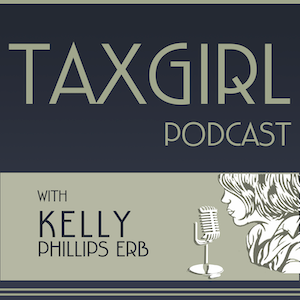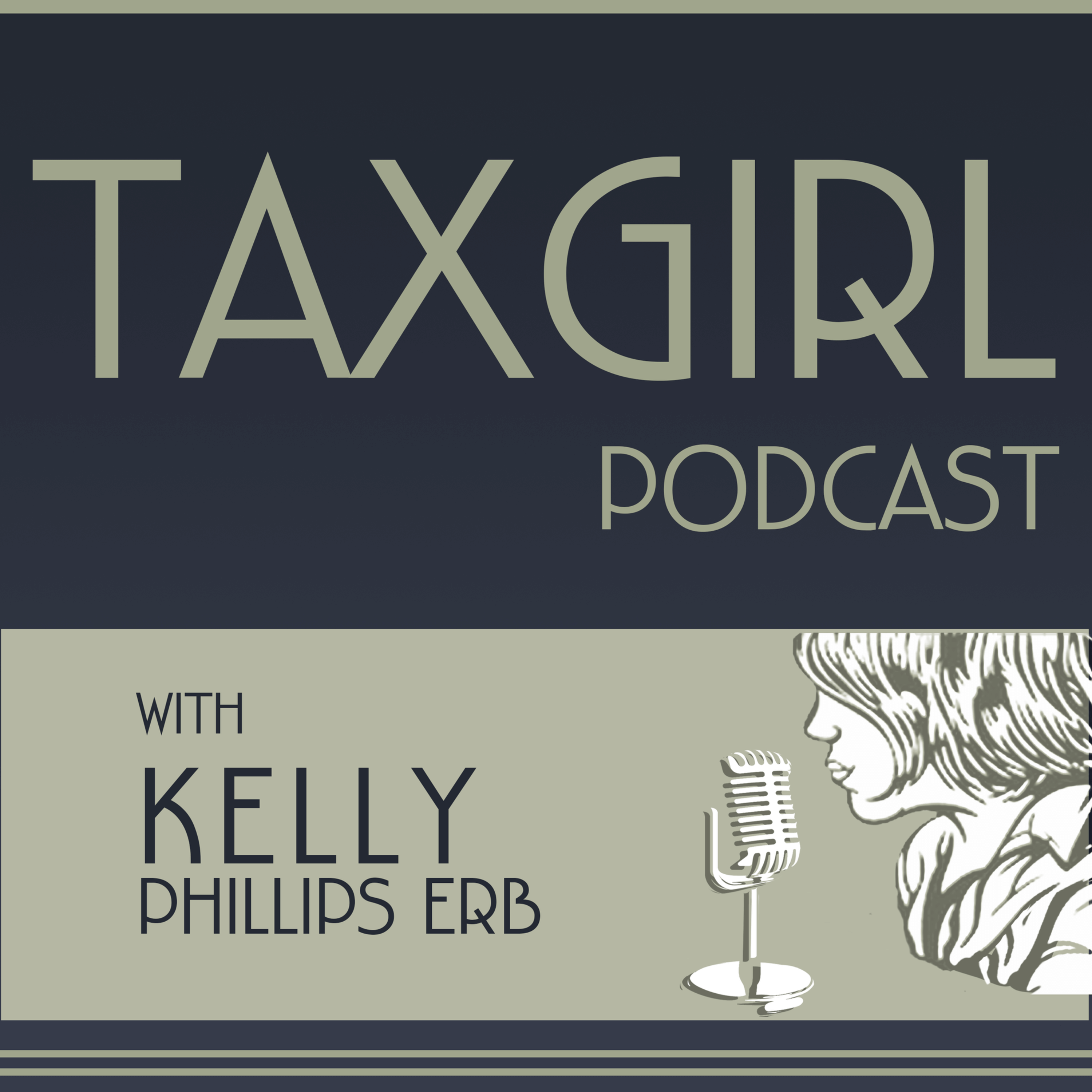79: The OECD Global Minimum Tax Deal and What to Expect
The Organization for Economic Cooperation and Development (OECD) recently released details and proposed legislation on its global minimum tax plan. However, questions still linger regarding the details of the plan and the practicality of its proposed timeline.
What future developments could we expect to occur as a result of the OECD global minimum tax deal?
On today's episode of the Taxgirl podcast, Kelly is joined by George Salis to talk about the OECD’s proposed global minimum tax plan. George is the principal economist and tax policy advisor of Vertex Inc. George has over 25 years of experience in international trade and taxation compliance, tax planning and controversy, fiscal regulation and tax economics consulting.
Listen to Kelly and George discuss the OECD’s global minimum tax plan:
- Kelly and George discuss the reasons the global minimum tax plan was created, and how the OECD’s plans for global minimum taxes have changed over the years.
- The OECD’s proposed legislation would make changes to the way many other nations have previously been implementing their minimum tax rates. Would the proposed plan’s frameworks be inclusive to these nations that are directly affected by this deal?
- By now most nations have signed on with the plan, so what does George believe is the next step? George provides his input, and mentions the ways COVID-19 could impact factors relating to the proposed legislation.
- What are the differences in economic challenges and obstacles affecting the United States as compared to other countries that will be influenced by this tax plan? Kelly and George discuss how these countries may choose to move forward, or whether they believe these countries would look to the US as an example for guidance.
- George believes that certain critical contingencies that have to have to be set in place for a multinational tax convention to take place, and explains how each of them would relate to this process.
- How would this tax agreement influence the business world with regards to economic competition? Does George believe that this change would be artificially increasing economic competition, or decreasing it, and if so how?
- There are two pillars to the agreement, and a lot of media attention has been placed on pillar two, and its impact on companies in and outside the US. George discusses his opinions on this, how these pillars would be addressed, and how time may influence their impact.
- Kelly and George share their thoughts about the proposed agreement with its regards to the imposition of digital service taxes on US companies.
- What would George tell tax practitioners and individuals to look out for next, as important future developments that may arise regarding this tax plan?
More about Kelly:
Kelly is the creator and host of the Taxgirl podcast series. Kelly is a practicing tax attorney with considerable experience and knowledge. She works with taxpayers like you every day. One of the things that she does is help folks out of tax jams, and hopefully, keep others from getting into them.
You can find out more about Kelly here and you can follow her on Twitter, Facebook, Instagram, and Linkedin.
To subscribe to the podcast (it’s free!) using Apple, Spotify, or your favorite listening app, click here.
Links:
Kelly’s Website – Taxgirl
George Salis – LinkedIn
Vertex – Website


